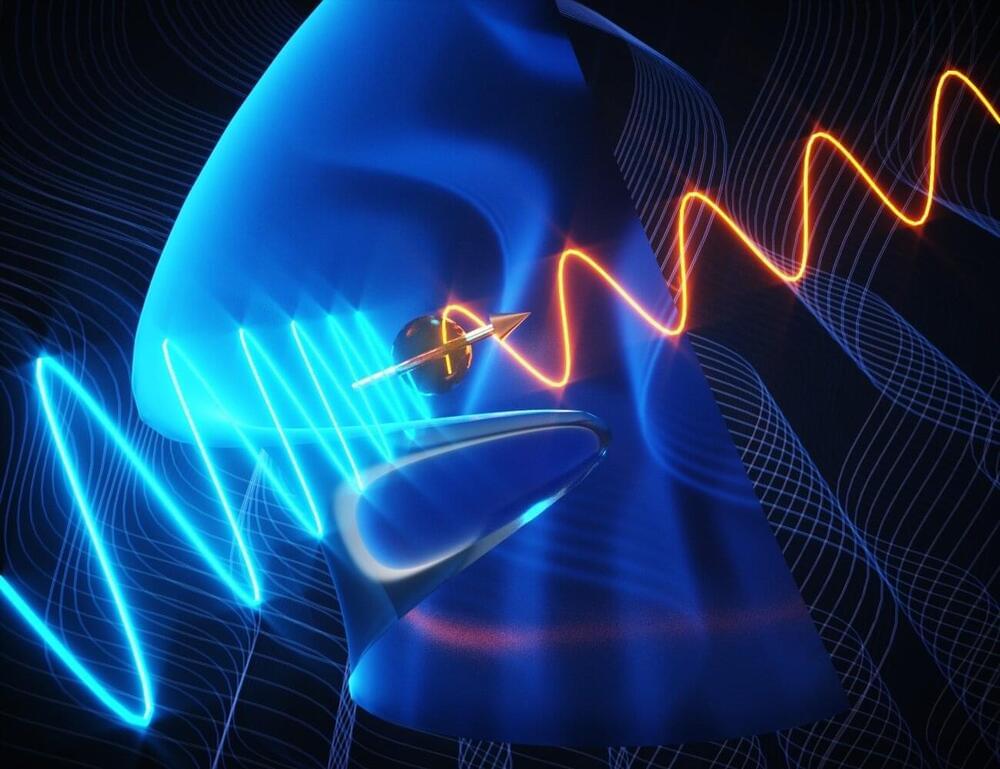An interdisciplinary team led by Boston College physicists has discovered a new particle—or previously undetectable quantum excitation—known as the axial Higgs mode, a magnetic relative of the mass-defining Higgs Boson particle, the team reports in the online edition of the journal Nature.
The detection a decade ago of the long-sought Higgs Boson became central to the understanding of mass. Unlike its parent, axial Higgs mode has a magnetic moment, and that requires a more complex form of the theory to explain its properties, said Boston College Professor of Physics Kenneth Burch, a lead co-author of the report “Axial Higgs Mode Detected by Quantum Pathway Interference in RTe3.”
Theories that predicted the existence of such a mode have been invoked to explain “dark matter,” the nearly invisible material that makes up much of the universe, but only reveals itself via gravity, Burch said.









Comments are closed.